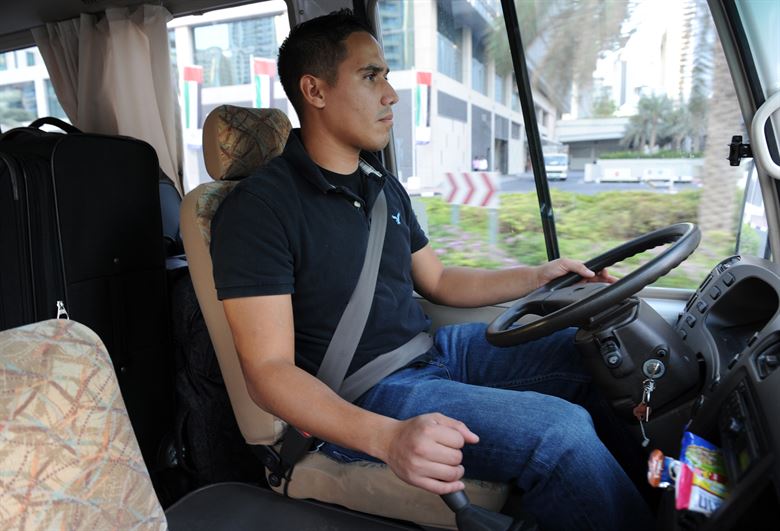The California Supreme Court recently decided an important case. It clarified what an independent contractor is as opposed to an employee. The Dynamex Operations case considered the status of same-day courier and delivery drivers. The company used to classify the drivers as employees. But in 2004 the company changed them all to independent contractors. Later, a couple of drivers filed a class-action suit. They wanted make the company treat them as employees. The drivers won.

What Difference Does it Make?
It makes a lot of difference for both companies and drivers. If a driver is an employee, then the company must pay the employer’s part of Social Security and Medicaid taxes for the employee. It must also pay unemployment insurance tax, employment tax and workers’ compensation insurance. Also, employers must follow many state and federal statutes and regulations. These laws govern wages, hours and working conditions for employees.
If the driver is an independent contractor, then the company does not pay any of these taxes or offer any of these benefits. As you can see, it’s much more desirable from the company point of view to have independent contractors instead of employees. The employer’s share of Social Security and Medicaid alone would amount to 7.65% of the employee’s pay.
Employee or Independent Contractor – The Law
According to the IRS, “The general rule is that an individual is an independent contractor if the payer has the right to control or direct only the result of the work, not what will be done and how it will be done.” In the Dynamex Operations case, the court considered the effect of California’s labor regulations on classification as employee or independent contractor. The specific regulation states that an “‘Employer’ means any person as defined in Section 18 of the Labor Code, who directly or indirectly, or through an agent or any other person, employs or exercises control over the wages, hours, or working conditions of any person.”
The ABC Test: Independent Contractor or Employee?
To decide the case, the court applied the “ABC” test. The test has three elements:
A. Is the worker free from the control and direction of the hiring entity in the performance of the work, both under the contract for the performance of the work and in fact?
B. Does the worker perform work that is outside the usual course of the hiring entity’s business?
C. Is the worker customarily engaged in an independently established trade, occupation, or business of the same nature as the work performed for the hiring entity?
The answer to all three questions must be “yes” for a person to be an independent contractor.
The Drivers Were Employees
The court noted that part A of the ABC test is difficult to apply, so it passed on deciding that part. But because the court answered parts B and C “no,” the drivers were employees. Under part B, courier and delivers services are the company’s business. Under part C, the drivers in the case worked only for the company, so they were not independent.

